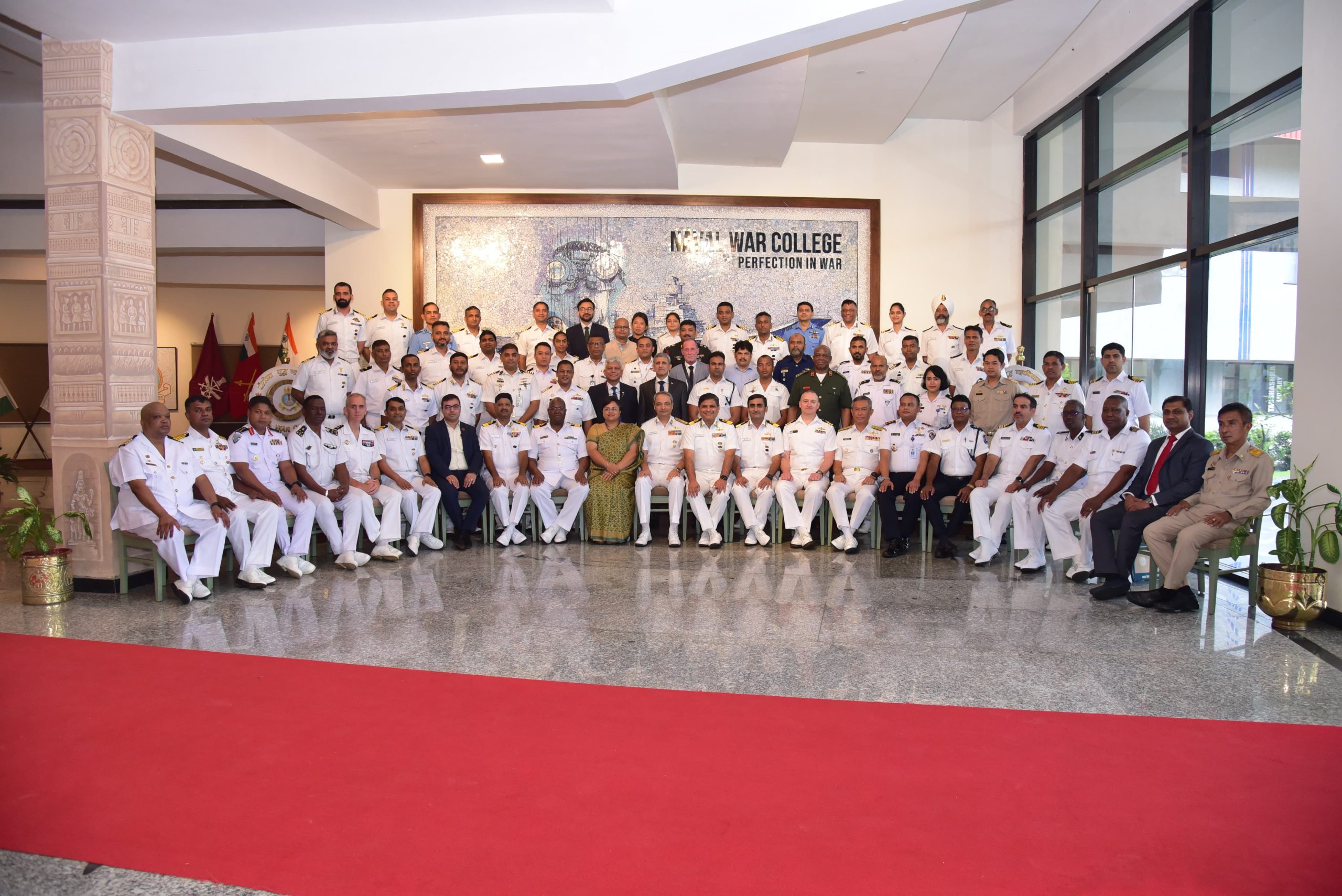Goa: The second edition of the Indian Ocean Rim Association (IORA) seminar on Illegal, Unreported, and Unregulated (IUU) fishing was successfully held at the Naval War College in Goa. This critical gathering brought together delegates from 17 IORA member countries to review the escalating challenges posed by IUU fishing in the Indian Ocean Region (IOR) and its wide-ranging implications on the region’s economy, environment, and security.
Participants from nations including Australia, Bangladesh, France, Indonesia, Kenya, Madagascar, Mozambique, Malaysia, Maldives, Mauritius, Oman, Somalia, South Africa, Seychelles, Sri Lanka, Thailand, and Tanzania engaged in issue-based discussions aimed at countering the growing threat of IUU fishing in the region.
IUU fishing has emerged as a major concern for the IOR, leading to significant losses in marine biodiversity, depletion of fish stocks, and severe economic impacts on coastal communities that rely on sustainable fishing practices. Moreover, it undermines food security and has broad implications for maritime security in the region.
The seminar focused on identifying and addressing the legal voids and enforcement challenges that hinder member states’ efforts to combat IUU fishing. Discussions centered on strengthening cooperation, sharing surveillance and monitoring resources, and developing coordinated legal frameworks among IORA countries to effectively tackle these illicit activities.
Given the transnational nature of IUU fishing, cooperation among IORA countries is crucial for ensuring the long-term sustainability of marine ecosystems and fisheries. The seminar underscored the importance of collaborative efforts, including joint maritime patrols, intelligence-sharing, and regional agreements to mitigate the impact of IUU fishing on both the economy and the environment.
IORA member nations expressed their commitment to enhancing legal frameworks and leveraging advanced technologies to detect, track, and apprehend vessels engaged in illegal fishing activities. This cooperative approach is seen as essential for safeguarding marine resources and ensuring sustainable livelihoods for millions of people dependent on fishing in the region.





